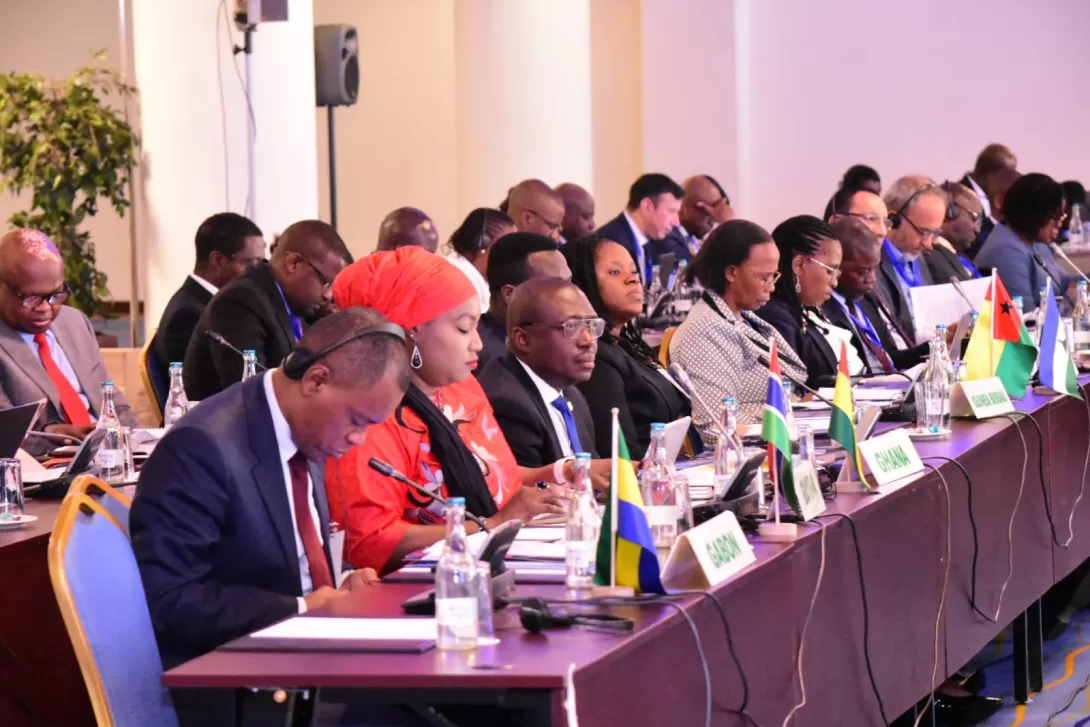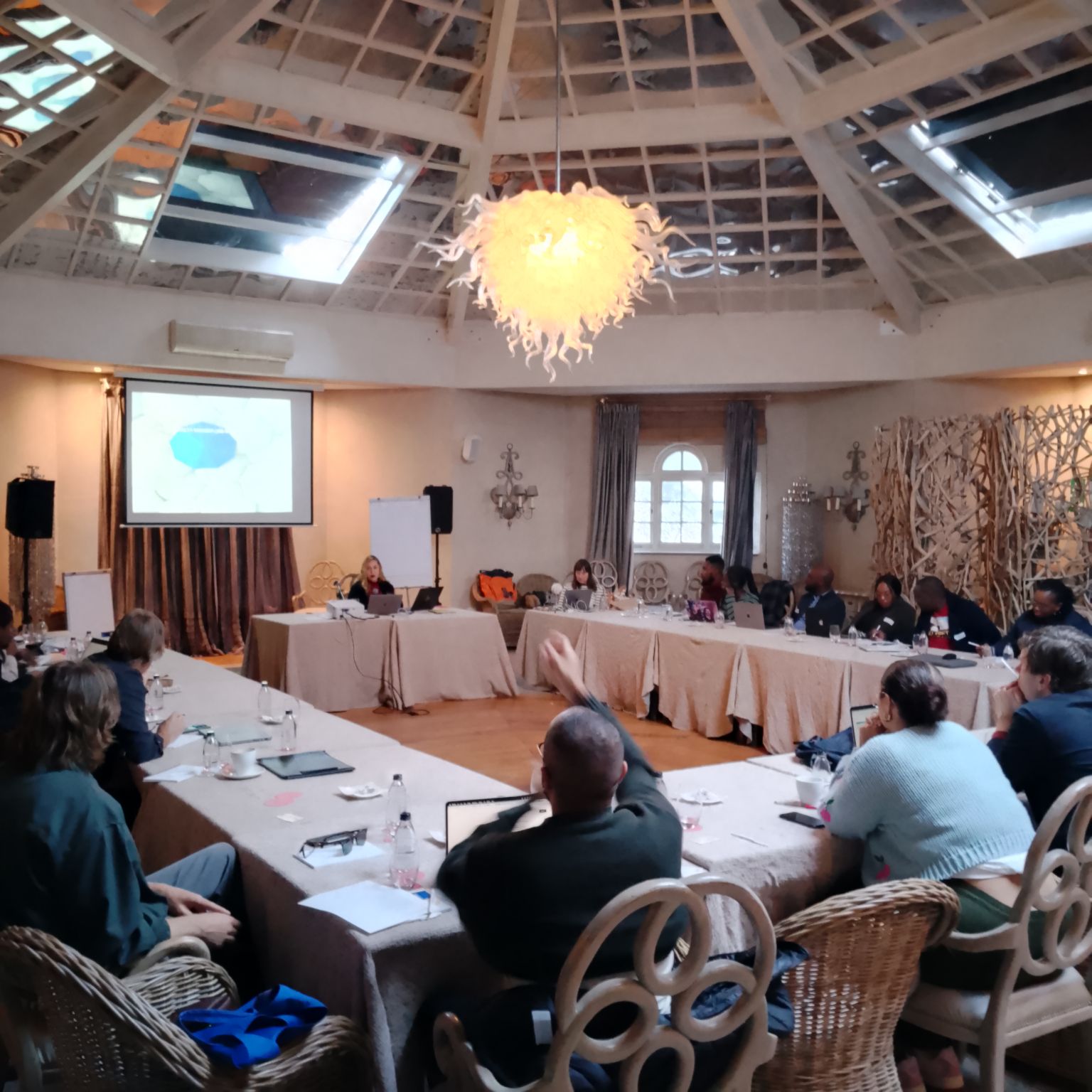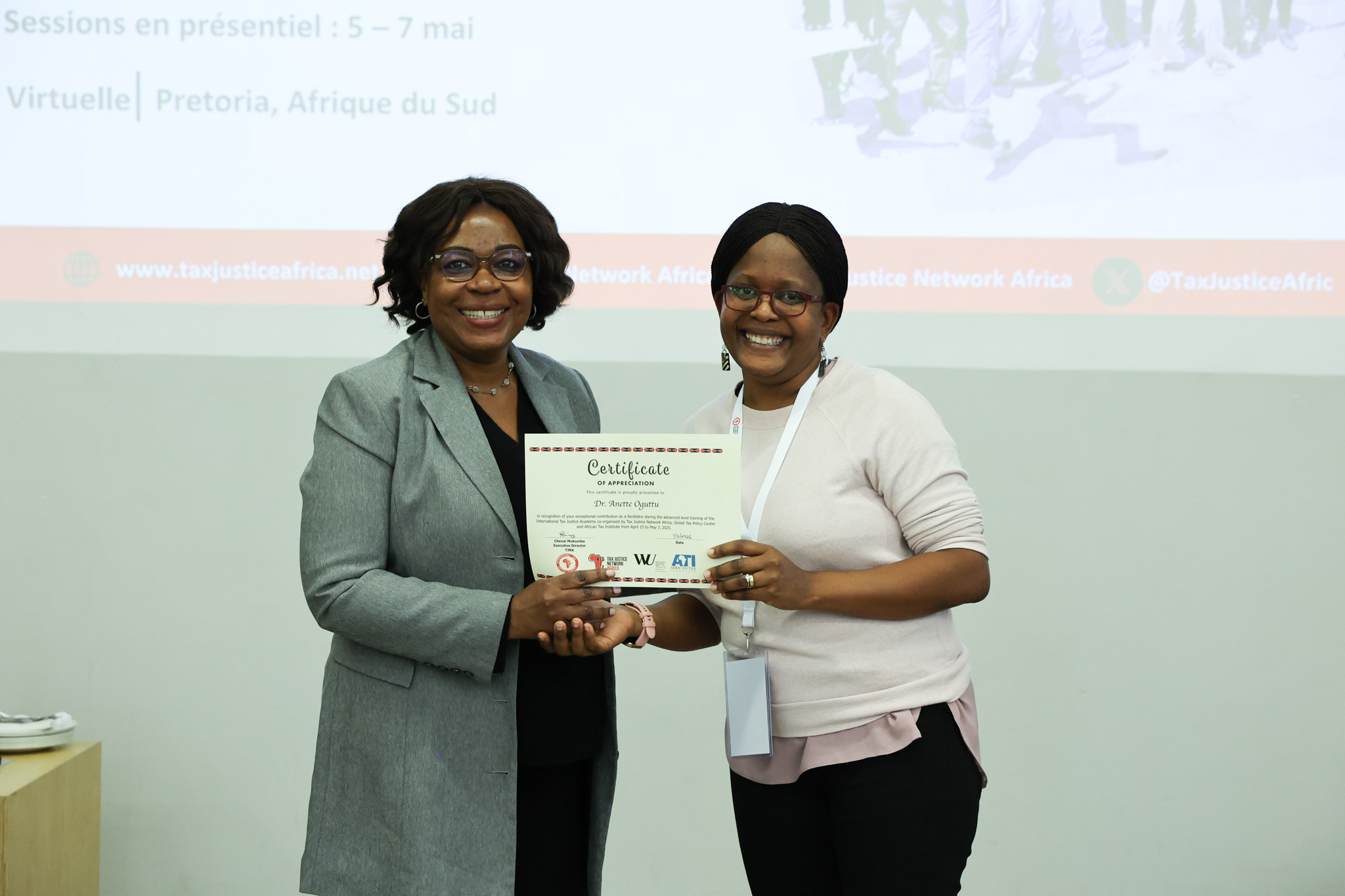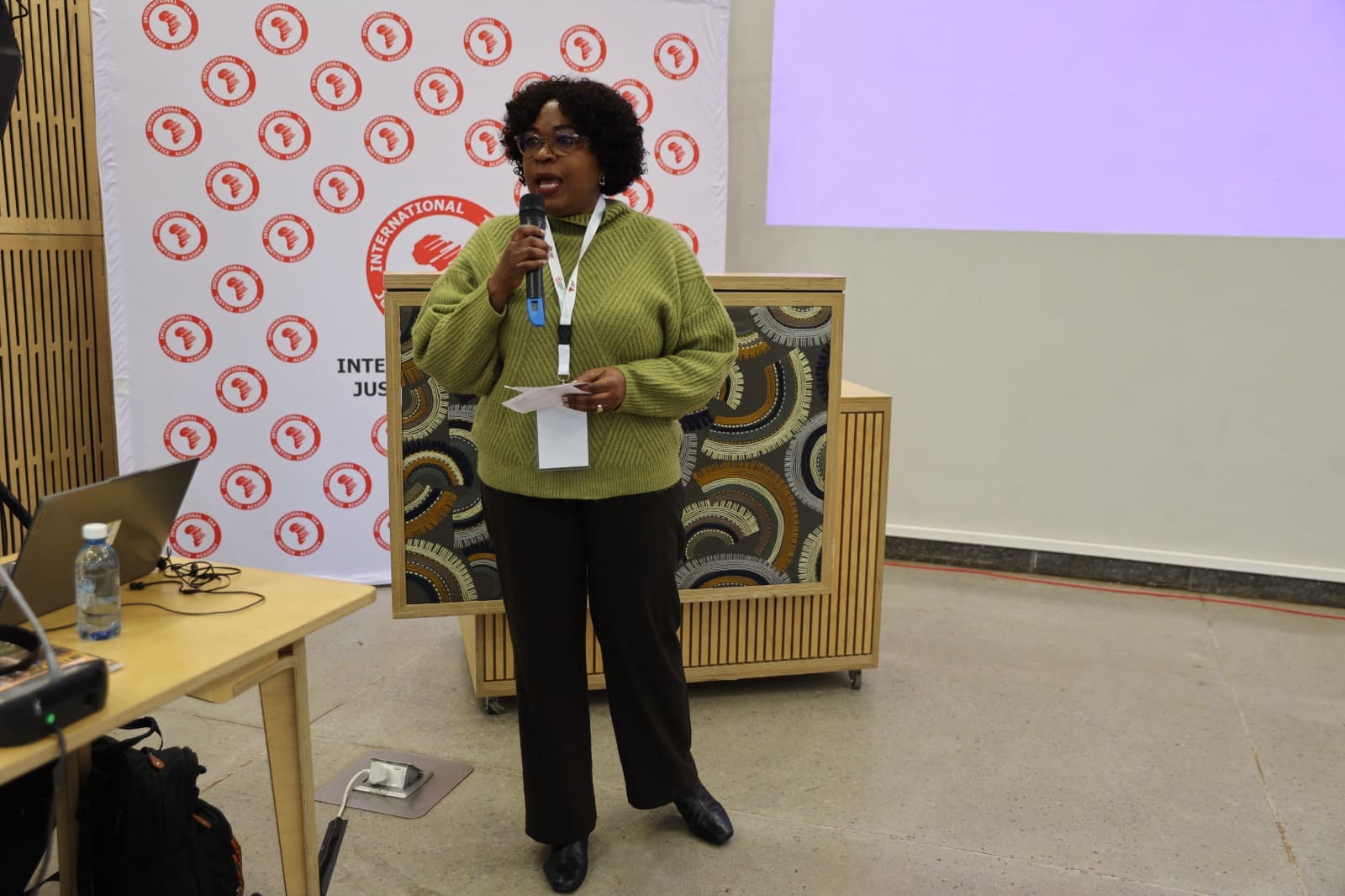
The adoption of TJNA’s anti-IFFs policy tracker tool was one of the key recommendations made to the African ministers and their governments in tackling the fight against illicit financial flows (IFFs) during the 6th meeting of the African Union Specialised Technical Committee on Finance, Monetary Affairs, Economic Planning, and Integration held in Nairobi Kenya during a 4 day – consultative meeting from July 17th to 20th 2023.
During the meeting, TJNA presented the flagship anti-IFFs policy tracker tool to African ministers and their governments with a recommendation for them to support its adoption.
Speaking at the meeting, TJNA’s Policy Officer Francis Kairu noted that the tool is a strategic solution in the ongoing battle against illicit financial flows (IFFs) as it aims to bolster domestic resource mobilisation, investments and sustainable growth across Africa.
“The outcome of these consultations with the African Union signifies a pivotal step forward in the collective effort to combat IFFs and promote economic integrity within the African continent.” Mr. Kairu added.
Mr. Kairu added that the tool provides a framework for assessing country-level policy interventions in fighting and curbing illicit financial flows. The tool generates much-needed evidence to shape their interventions and take targeted actions against illicit financial flows.
He added that having an anti-IFFs policy tracker tool is paramount for African countries as it empowers governments to effectively monitor and combat illicit financial flows, safeguarding their economies, promoting transparency, and ensuring that valuable resources are channelled towards sustainable development and the welfare of their citizens.
A pressing concern highlighted during the meeting was the urgent need to establish an African Debt Monitoring Mechanism. With mounting debt being a persistent challenge for many African nations, this mechanism would play a pivotal role in monitoring and managing debt levels, promoting fiscal discipline, and ensuring financial stability across the continent.
Protecting tax bases and increasing revenue emerged as another vital focus for African countries. By implementing robust tax policies and combating tax evasion and tax avoidance, African nations can bolster their revenue streams and fund essential public services, infrastructure, and social development programmes.
Global tax reforms have also been a longstanding concern, especially for African countries. Engaging in discussions on the fairness of global tax rules allows African nations to assert their interests and advocate for an international tax system that addresses the taxation challenges experienced by developing countries.
The 6th African Union STC on Finance, Monetary Affairs, Economic Planning, and Integration, organised by the African Union Commission's Department of Economic Development, Tourism, Trade, Industry, and Mining (ETTIM), provided a platform for meaningful discussions and collaborations to advance tax justice and sustainable development in Africa.
For more details about our participation, please contact fkairu@taxjusticeafrica.net





